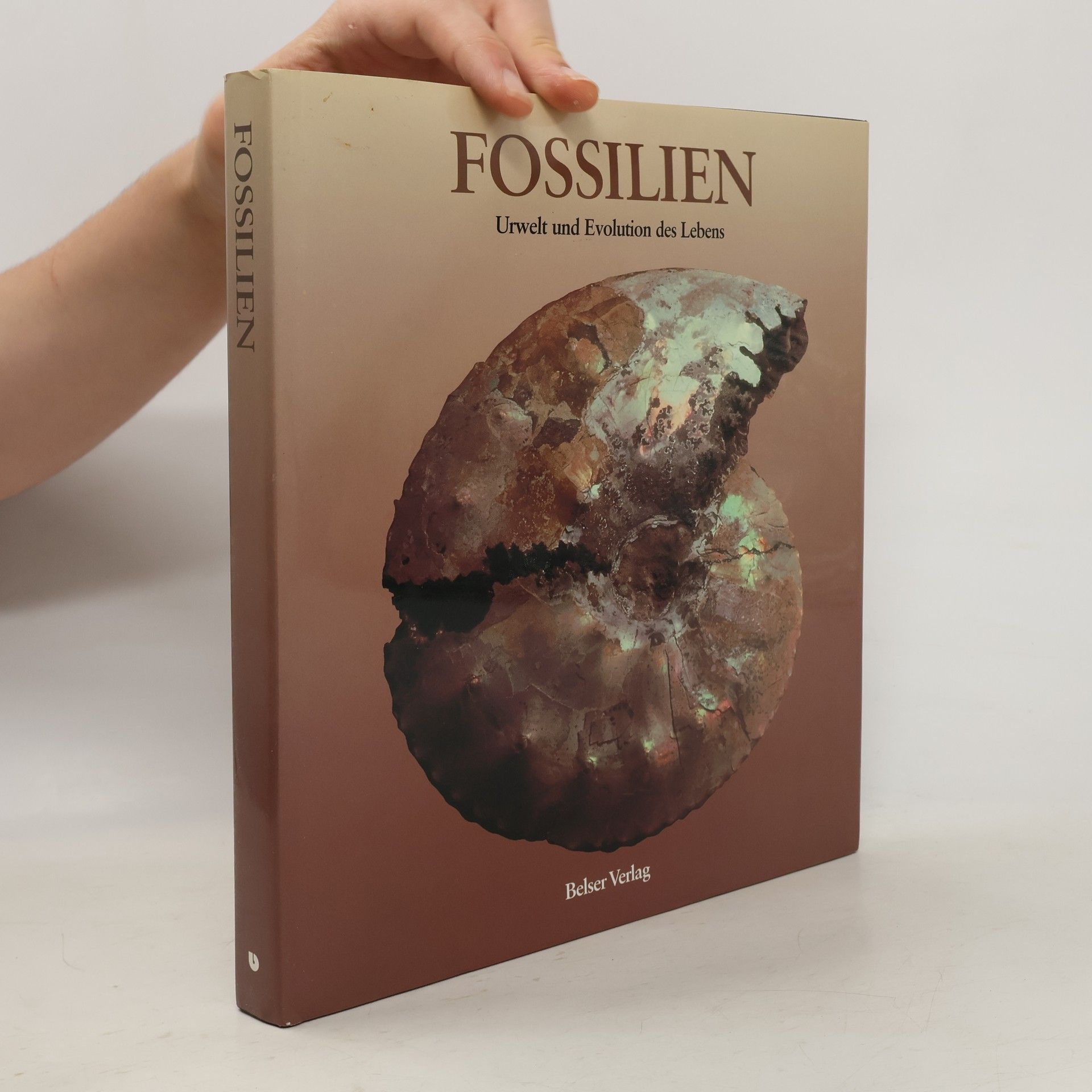The Myths of Human Evolution
- 212 pages
- 8 hours of reading
Niles Eldredge, a co-proposer of the theory of punctuated equilibrium, examines the evolutionary process through repeated patterns in the history of life. He critiques a gene-centric view of evolution and offers an alternative account for human behavior, considering ecological and evolutionary aspects. Eldredge emphasizes the role of environment in explaining evolutionary patterns and refutes the concept of intelligent design. His work addresses the extensive destruction of natural habitats and species globally.




Eldredge presents the most up-to-date examination of the creation-evolution confrontation available.